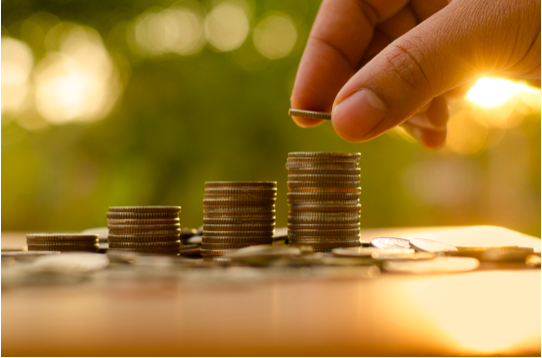There’s been a shift over the last decade in how we do, well, almost everything. One example is shopping online as compared to buying from brick-and-mortar stores. More people each year are turning toward ecommerce to get what they want and need—and on top of that, people are even moving toward mobile buying as opposed to waiting until they’re at home by a computer.
In this vein, it’s no surprise people are increasingly turning toward mobile apps for help with budgeting, money management and other personal finance challenges. Sitting down and doing your budget by hand is becoming obsolete in the same way balancing your checkbook with a pencil and paper ledger is.
If you have yet to download a money management app, you’re probably wondering: Do they really work? The only answer we can give you is yes… or no. Having a successful experience depends on choosing an app that works for you and sticking to it. Here’s more on that.
Personal Finance Challenges in America
Americans as a whole could use some help managing their money. Statistics reveal that many people are saving too little, spending too much and often unsure about how to make the most of their wealth. For instance, the average personal savings rate in the U.S. is 5.5 percent, far below the 10 to 15 percent minimum experts recommend. And this includes retirement and emergency savings!
Many consumers feel there’s little to no money left over after their paychecks to devote to savings. Others have disposable income but aren’t sure exactly what to do with it. For both these types of people, money management can certainly help.
What Can Money Management Apps Do?
The first step is understanding how you can manage money with an app. Let’s look at Clarity Money as an example. Here are a few features users can access when they use this app:
- Spending Tracker: Users can break down spending by time period and category to get an idea of where they’re overspending. By learning you spent 30 percent of your paycheck on restaurant food and drinks in May, you can be mindful of your spending habits and adjust them to meet goals.
- Savings Goals: Saving sounds great in theory but can be tricky in practice. This app allows users to set customizable goals: I want to save [$10] [Every Friday] for [Travel], except you’d fill in your own variables. It’s helpful in staying accountable and watching small contributions add up over time, helping you achieve your goals.
- Credit Score Updates: While you should still request a full report at least once per year from the major reporting bureaus, you’re able to view your number along with a simple descriptor like “Good.” This will help you stay on the track to building credit, and tip you off if something’s not right.
- Subscription Cancellation: We don’t always realize how much we’re spending on monthly subscriptions. Many of us are enrolled in multiple entertainment streaming services—a recurring expense that can add up quickly. Clarity Money lists your subscriptions, how much you’re paying for each and asks if you’d like to cancel any un- or underutilized ones, helping you keep your budget to the essentials.
Final Verdict: Yes, If You Keep Using the App
It’s pretty clear money management apps have the potential to help users. But getting genuine value out of whichever app you install depends on using it consistently over time. Only 18 percent of smartphone users have a budgeting app on their mobile device, and just over half (56 percent) of them use it at least once per week.
Downloading an app and letting it sit on your home screen won’t get you any closer to your financial goals; staying engaged with the app will.
















